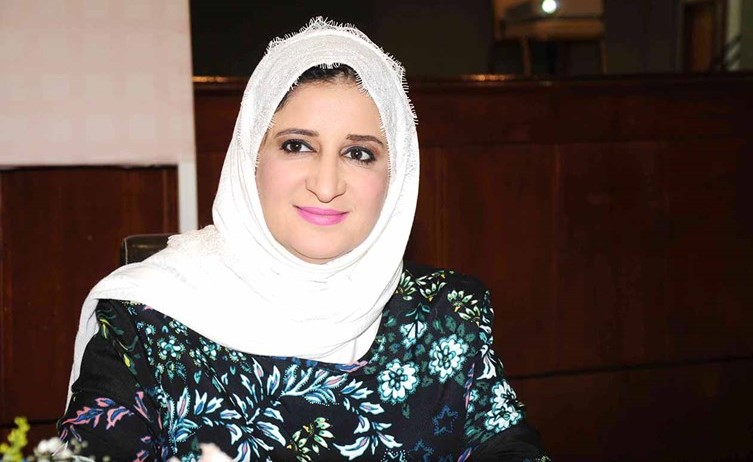02/07/2023
02/07/2023
KUWAIT CITY, July 2: According to the Secretary-General of the Supreme Council for Family Affairs Dr. Maryam Al-Azmi, about 20 male and female employees affiliated with the Protection House, the General Secretariat, and specialized and legal researchers at the council passed the training course that qualifies them to receive the status of judicial police, with the participation of some government agencies such as the Ministry of Interior, to monitor cases of domestic violence, in preparation for the issuance of a ministerial decision for them to take the special legal oath before the minister of Social Affairs, reports Aljarida daily. Dr. Al-Azmi said, “Article 7 of Law No. 16/2020 regarding protection from domestic violence stipulates that specialized employees determined by the president of the Supreme Council for Family Affairs through a decision issued by him have the status of judicial officers to monitor the implementation of the law and the regulations and decisions implementing it.

In addition, they have the right to monitor, control and edit the minutes of meetings and submit them to the concerned authorities. These employees must perform their work honestly, diligently and impartially. They must commit not to divulge the secrets of individuals and families that they come to know by virtue of their work. Each of them must take the legal oath before the president of the Supreme Council for Family Affairs. The Council of Ministers has been addressed with the new draft executive regulations of the Council for perusal and then approval soon.” Dr. Al-Azmi explained that domestic violence cases are received by the council’s Protection Center through reports sent by the Public Prosecution or from the community police, or through the council’s accounts via means of communication, or by the one reporting and in his/her personal presence. After that the case is received, a file is opened, and it is referred to the Prosecution.
She affirmed the council’s keenness, under the direct guidance of Minister Mai Al-Baghli, to launch initiatives that would eliminate all forms of violence and discrimination against women, provide an enabling environment for them to practice entrepreneurship, and empower them to assume leadership positions. Dr. Al-Azmi revealed that the council is currently working on unifying the classification of domestic violence cases in Kuwait, especially since the majority of them differ in the relevant government agencies. She indicated that there are some cases that fall within the Personal Status Law, but they are classified as family violence, such as divorce, the right to seeing children, requesting alimony, and more.
Dr. Al-Azmi said, “Out of the spirit of Minister Al-Baghli’s keenness on this matter, she worked to issue a decision for forming a team to collect data for international reports. The data and classifications would be transparent and standardized between the concerned authorities such as the Ministry of Health, the Ministry of Justice, and the Central Statistical Bureau, in addition to some civil associations concerned with family affairs that receive cases of domestic violence, and the Human Rights Bureau.” She added that the rate of domestic violence cases in Kuwait are considered normal.


